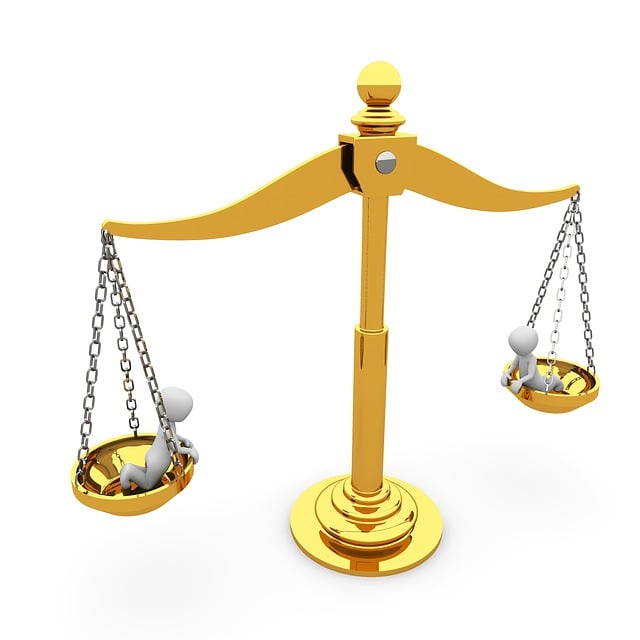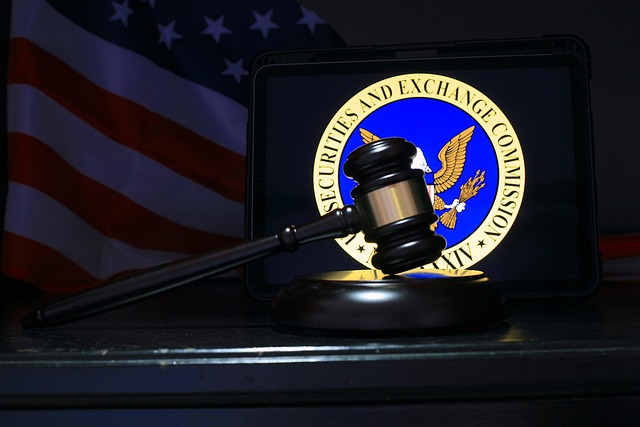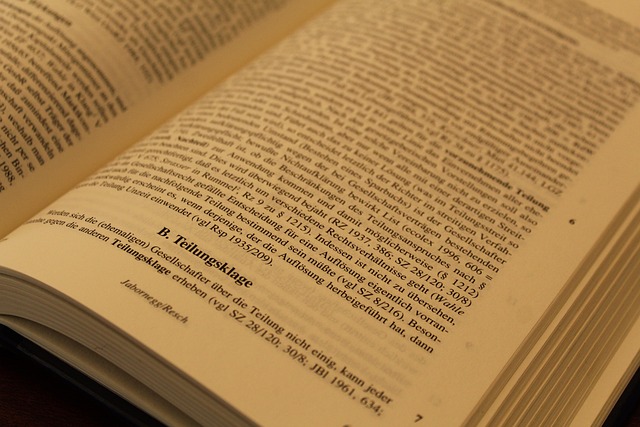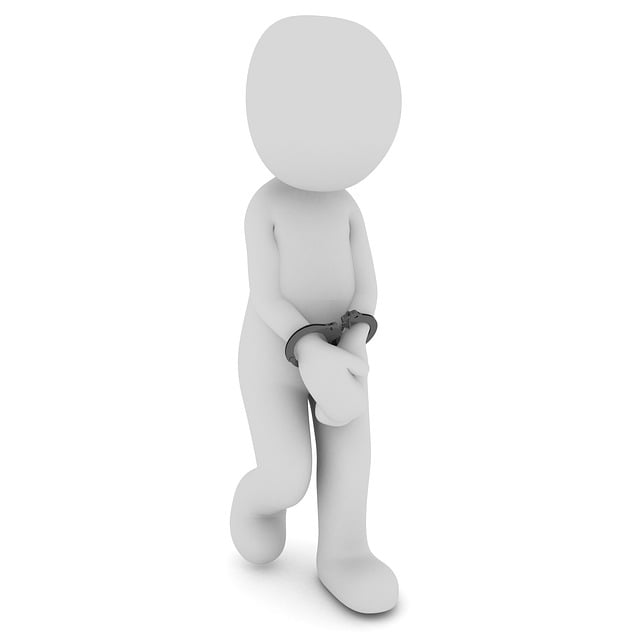In many jurisdictions, landlords have a legal duty to maintain safe living conditions, including addressing hazards that cause apartment slip and fall incidents. Regular inspections, prompt maintenance, and adequate warning signs are crucial for landlords. Tenants should consult personal injury lawyers in Orlando to establish liability and compensation for injuries. Common causes include poor lighting, uneven flooring, wet floors, and ice buildup. Elderly or mobility-impaired residents are at higher risk. Proactive measures like regular inspections and reporting issues can help prevent accidents, and understanding tenant laws is essential for protection.
In the intricate dance between landlords and renters, safety often takes a back seat. However, understanding apartment slip and fall risks is paramount for every renter. This article illuminates the nuances of slip and fall liability in apartments, unraveling common causes that range from slick floors to poorly maintained fixtures. We equip renters with essential knowledge on how to protect themselves, empowering them to navigate their living spaces securely.
- Understanding Slip and Fall Liability in Apartments
- Common Causes of Apartment Slip and Falls
- Protecting Yourself: What Renters Can Do
Understanding Slip and Fall Liability in Apartments
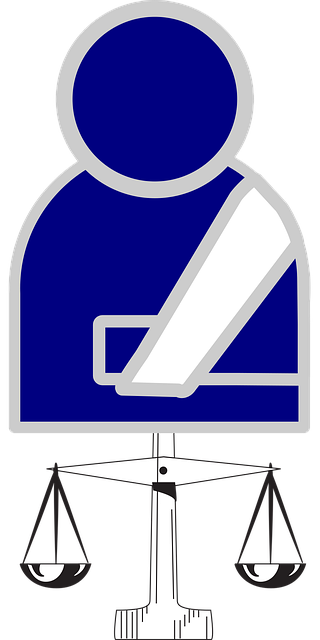
In many jurisdictions, apartment complexes have a legal responsibility to maintain safe living conditions for their tenants. This includes addressing potential hazards that could lead to slip and fall accidents. When it comes to apartment slip and fall cases, understanding liability is crucial. Landlords and property managers are typically held accountable for ensuring the premises are free from unsafe conditions that could cause residents to trip, slip, or fall. This responsibility extends to regular inspections, prompt maintenance, and providing adequate warning signs when necessary.
Tenants who experience apartment slip and fall incidents should be aware of their rights and options. A personal injury consultation with a qualified car accident lawyer Orlando-based can help establish fault and determine compensation for any resulting injuries. While it’s true that some slip and falls may not be avoidable, landlords have a duty to minimize risks. If negligence on their part contributed to the incident, tenants might be entitled to financial redress for medical expenses, pain and suffering, or property damage, just as they would in a car accident lawyer scenario.
Common Causes of Apartment Slip and Falls
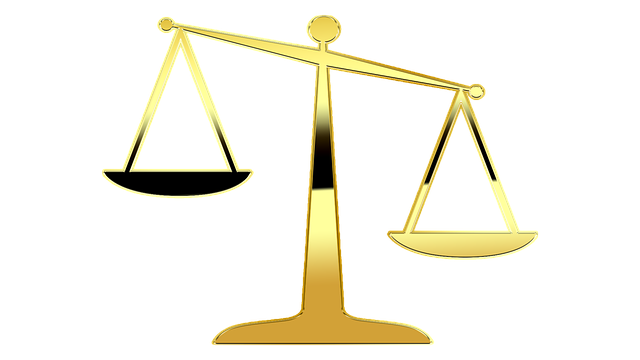
In apartment slip and fall incidents, various factors often contribute to the creation of hazardous conditions. One of the most common causes is poor lighting, especially in common areas or entryways where residents frequently pass through. Insufficient illumination can lead to obstacles going unnoticed, increasing the risk of trips and falls. Similarly, uneven flooring, loose tiles, or damaged carpeting are other prevalent issues that can go unaddressed due to negligence on the part of the landlord or property management. These conditions, left unrectified, pose significant dangers to tenants.
Additionally, weather-related factors such as wet floors from spilled liquids, ice buildup during winter months, or poor drainage causing puddles after rainfall are also leading causes of apartment slip and falls. Elderly residents or those with mobility issues are particularly vulnerable in these situations, highlighting the importance of proactive maintenance and timely repairs by landlords to fulfill their fiduciary duty to tenants, and prevent what could otherwise be severe injuries resulting from such accidents.
Protecting Yourself: What Renters Can Do
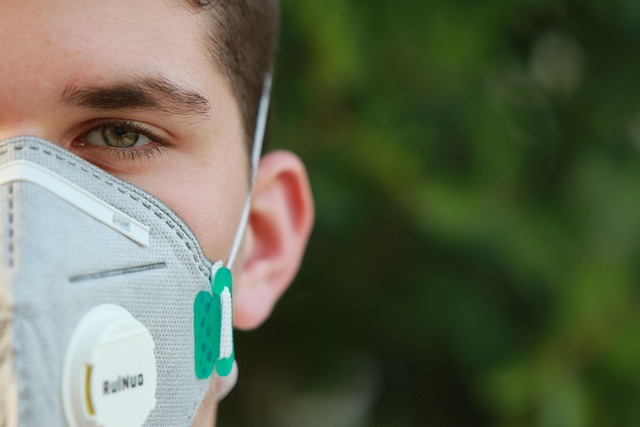
As a renter, protecting yourself from potential apartment slip and fall risks is essential. The first step is to be proactive by regularly inspecting your rental property for any signs of danger, such as loose tiles, uneven floors, or inadequate lighting. Reporting these issues promptly to your landlord or property manager can help ensure timely repairs, significantly reducing the risk of accidents.
Additionally, understanding your rights under tenant laws in your area is crucial. If an apartment slip and fall does occur, knowing who is liable—the landlord, property management company, or even yourself—can be a deciding factor when pursuing compensation for any resulting injuries. Consulting with a personal injury attorney, like those available in Orlando FL or Boca Raton, can provide valuable guidance tailored to your specific situation and help protect your rights in the event of an apartment slip and fall incident.
Slip and falls in apartments are a common concern for renters, but understanding liability and taking proactive measures can significantly reduce risks. By being aware of potential hazards and implementing simple safety practices, renters can protect themselves from these accidents. Remember, property managers have a duty of care to maintain safe living spaces, but tenants also play a crucial role in ensuring their own well-being. Stay vigilant, report maintenance issues promptly, and follow these guidelines to navigate apartment slip and fall risks with confidence.
